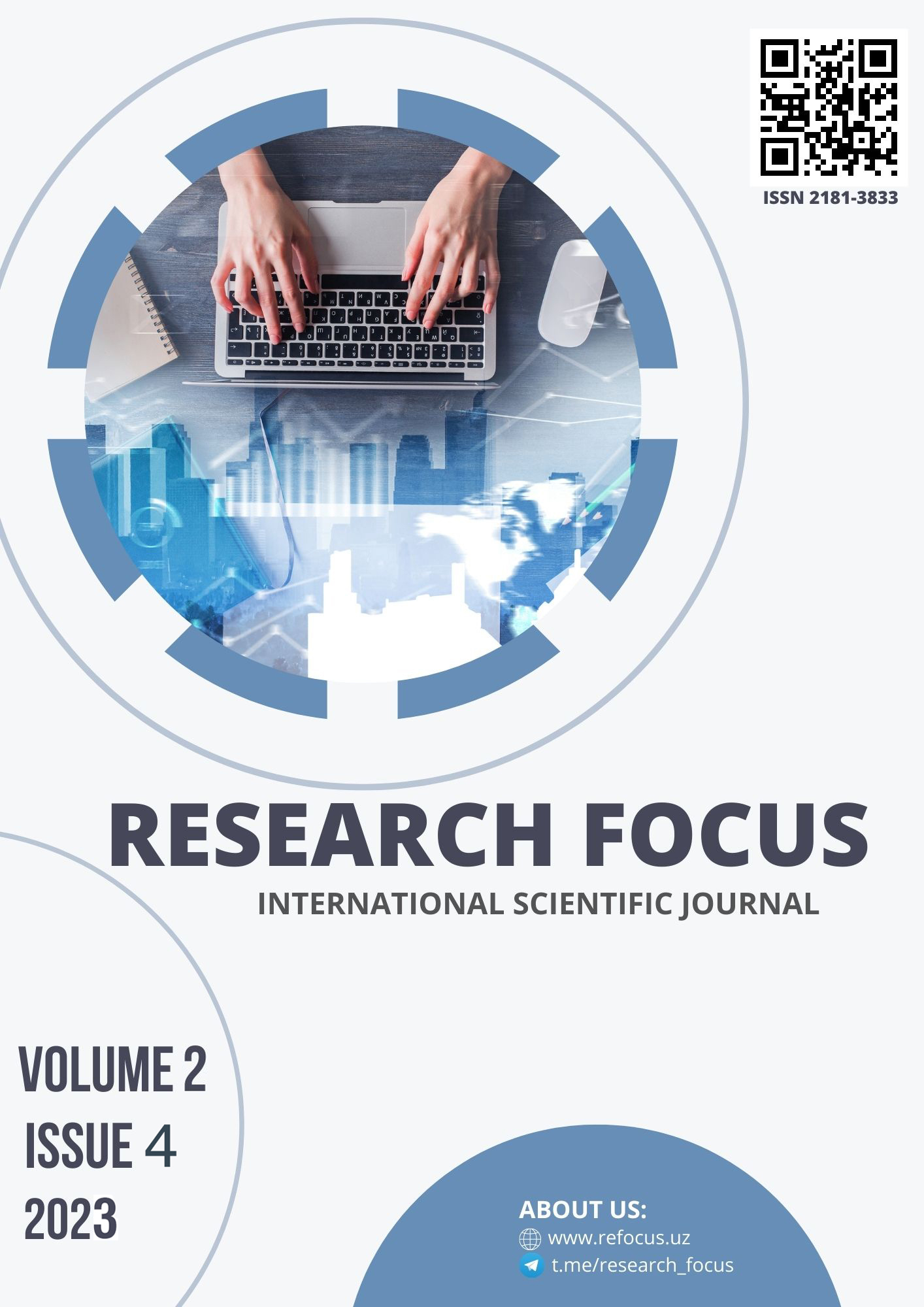THE ROLE OF PHONETIC GAMES IN THE FORMATION OF PHONETIC SKILLS IN PRIMARY SCHOOL STUDENTS
Main Article Content
Abstract
Knowledge of a foreign language is no longer a fashion, but a necessity in a developing modern society. Consequently, foreign languages have long been an integral part of the initial stage of school education. In primary school, the current goal of education is to develop all elements of communicative competence, in which language skills play an important role. Language skills play an important role in development. One of the most difficult and important tasks for teachers in the development of communicative competence, in which language skills play an important role. The goal is to master the correct English pronunciation, and learning foreign languages should begin with learning the phonological system of the language. After all, the correct pronunciation of sounds contributes to both correct pronunciation and is no less important for understanding what has been said than for conveying meaning. Phonetics, being one of the main sections of learning a foreign language, is more effective in practice. Phonetics, as one of the main sections of learning a foreign language, is more effective in practice. Thus, phonetic games are one of the most effective ways to consolidate pronounce skills. For example, the pedagogical phenomenon of student play has been interpreted in the works of A.S. Makarenko, V.A.Sukhomlinsky, D.B. Elkonin, etc. Sukhomlinsky, D.B.Elkonin and others; K.D. Ushinsky, J. Serre, K.Bhalla considered the game as a manifestation of imagination and fantasy, A.-I. Sikorsky and J. Dewey associated the game with the development of thinking. L.A. Verbitskaya, N.-S. Trubetskoy, L.V. Shcherba, R.O. Jacobson, E.Fischer-Jergensen, D.B. Fry, M.-S. took part in the development of phonetics. Templin, B.L.Wellman, R.H.Weir, etc.
Article Details

This work is licensed under a Creative Commons Attribution 4.0 International License.
References
Kiseleva E. Yu., Gorbunova T. S. Phonetic games and exercises at the initial stage of learning Russian as a foreign language and English languages: scientific. an article on the specialty "Linguistics". – 2014. – 5 p.
Solovova E.N. Methods of teaching foreign languages: An advanced course of lectures / E.N. Solovova. – M.: AST, 2010. – 272 p.
Sukhomlinsky, V.A. I give my heart to children. - Minsk: Narodnaya asveta, 1988. – 288 p.
The specifics of the initial stage of FL training. – 2015. – [Electronic resource]. URL: http://goo.gl/ZKZ0fy (date of address: 04/15/16).
Tretyak O.V. Phonetic games in English lessons: educational method. manual / O.V. Tretyak. – Orienburg, 2013.

